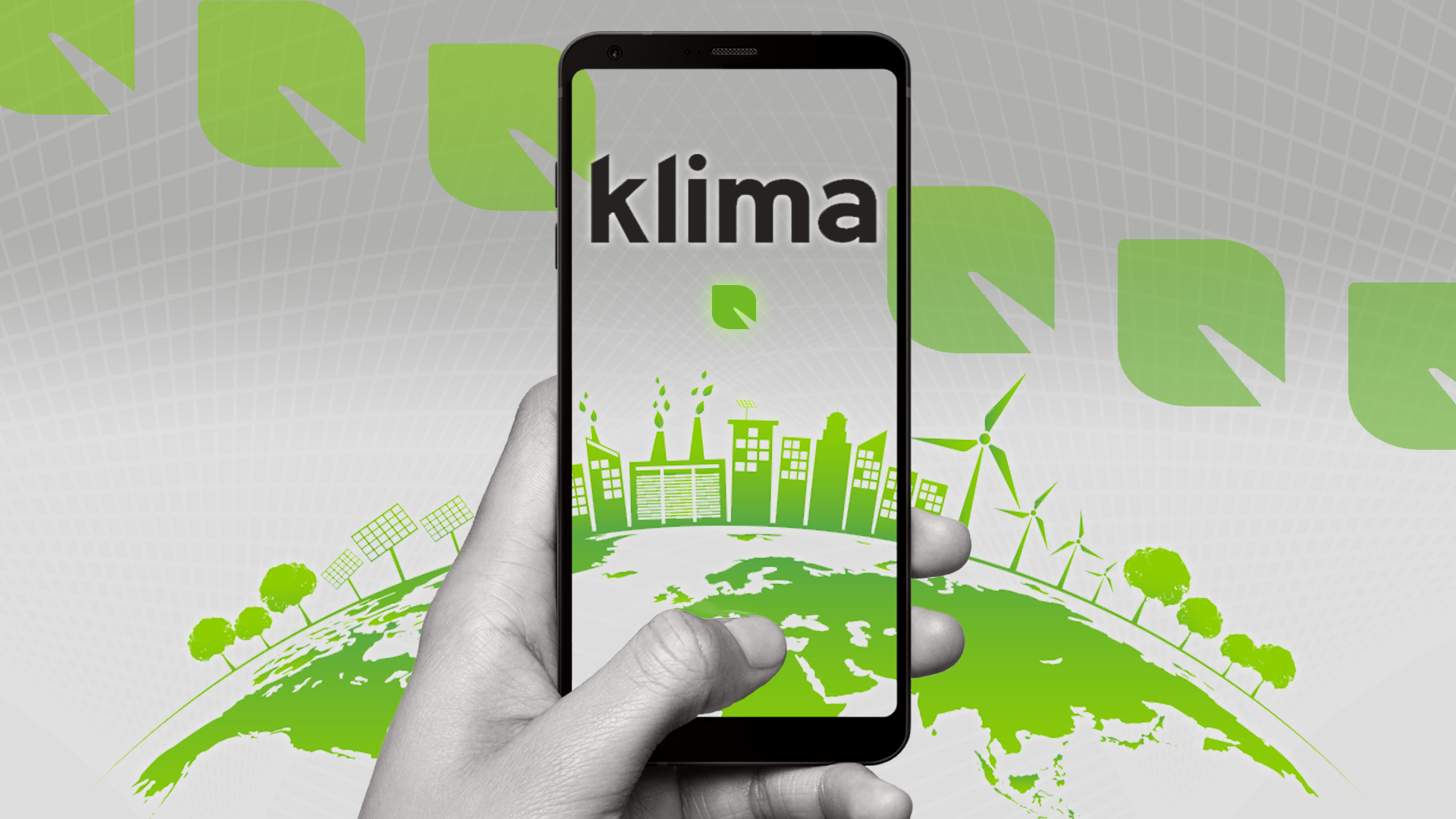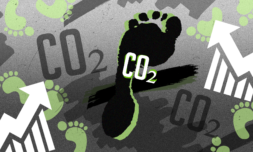Offsetting carbon emissions alone won’t save the planet, but it certainly has a significant role to play. At the helm of this is ingenious new app Klima, designed to simplify the process.
For some reason, the concept of small change for big sustainable impact is often met with criticism. Ardent climate warriors suggest that offsetting carbon emissions is just an excuse for huge corporations and governments to avoid making wholesale business changes for the good of the planet, failing to actually address the worsening issue of climate change in an authentic and viable way.
The reality, however, is that some people simply don’t have the means to help as much as they’d like. Not everyone can put solar panels on their roof, nor can they can strike every Friday, and being transparent about this will allow us to fix the sense of disconnection that’s arisen in the fight against climate change. Essentially, we’re going to need all the support we can get and innovative new app Klima is here to lend a much-needed helping hand, designed to assist users with keeping their carbon footprints as neutral as possible.
Since the introduction of food labels in the 90s and, more recently, the addition of a meal option’s effect on the environmental to restaurant menus, a public appetite to evaluate our own ecological impact on a day-to-day basis has developed and Klima wants to simplify this whole process a step further.
We've got news — Klima is now available on the App and Play stores. 🥳
Starting today, effective climate action is as simple as tapping a button. Ready to get started? Download now and kick off your carbon neutral life: https://t.co/tPYLRBaux5 #getklima #climateaction pic.twitter.com/PO2HjhKSMZ
— Klima (@getklima) December 9, 2020
‘Carbon offsetting services have already been around for 10 or 20 years, but we felt that none of them have really been able to break through to a mainstream audience,’ said Klima chief Markus Gilles. ‘Those services have been notoriously difficult to navigate and difficult to understand and have lacked a certain level of transparency.’ He additionally described the issue as a ‘classic interface problem’ (quite fittingly I might add) and one that Klima hopes to solve.




















